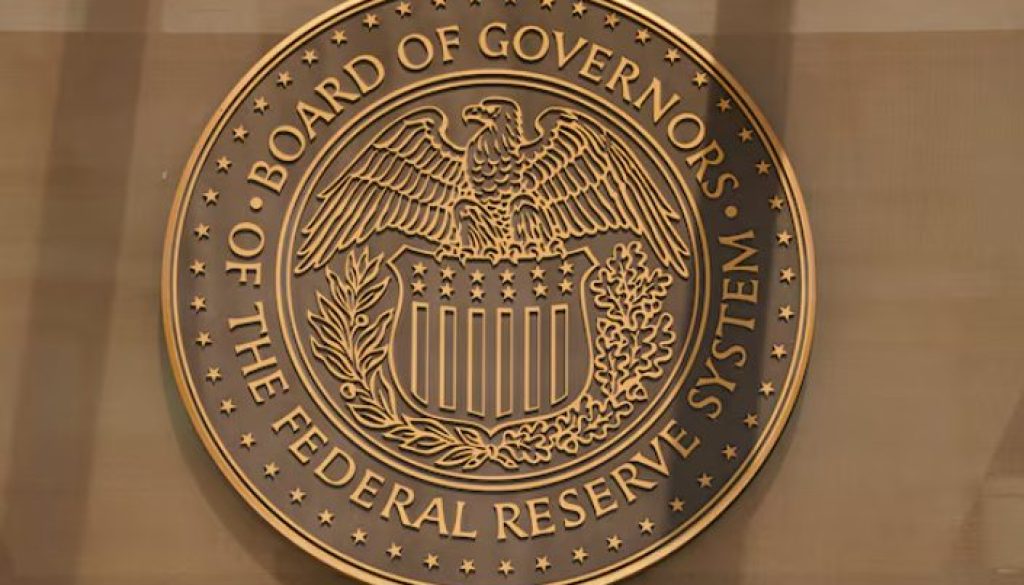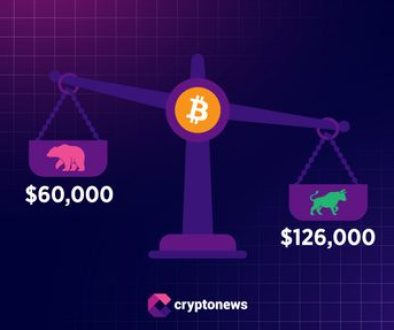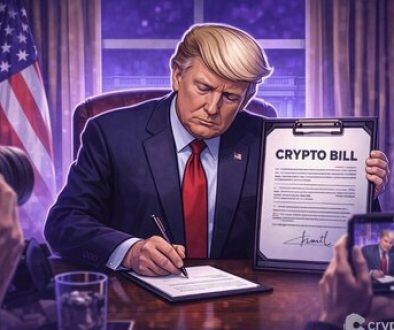Fed’s Powell defends central bank independence as challenges loom
(Reuters)-10/07/2024
Federal Reserve Chair Jerome Powell said on Tuesday central bank independence is a proven and politically popular way to achieve the best possible outcomes for the U.S. economy.
“The record is pretty clear” that a central bank that operates outside of political factors and direction is “a good institutional arrangement that serves the public well,” Powell said, adding “as long as it’s seen to serve the public well, it’s a good choice.”
Powell’s comments came during testimony on monetary policy and the economy given before the Senate’s Committee on Banking, Housing, and Urban Affairs.
Powell flagged the ubiquity of independence at central banks among major economies, where the institutions are afforded latitude to achieve their respective mandates without being directed to do so by political authorities. A key aspect of independence is that it gives central banks space to make difficult choices when it comes to managing inflation.
That bears on the near-term choices that now lie ahead for the Fed. With its short-term interest rate target at the highest level in decades, officials are searching for evidence that will allow them to cut rates as price pressures ease. That decision puts them potentially on track to ease just ahead of the presidential election in November, which would be highly contentious in political terms.
Fed independence issues have loomed back into focus amid a presidential election season that could return Donald Trump to the White House. When Trump was president he repeatedly attacked the Fed for its monetary policy choices, breaking from decades of presidents steering clear from actively lobbying the Fed over how to set interest rate policy.
Economists and other experts generally agree that political pressure on central banks leads to worse outcomes for the economy, especially on the inflation front.
Powell told senators “the results are clear” that when a central bank can tackle its goals free of political direction “you have better-anchored inflation expectations and you have better performance on inflation and better performance in the economy generally.” In his formal remarks Powell also noted that independence grants the Fed space to take a “longer-term perspective” on policy choices.
POLITICAL PRESSURES
Powell said that among elected officials, the benefit of Fed independence “is pretty broadly understood and particularly on Capital Hill.”
Senator Kevin Cramer, a Republican, told Powell he agreed. “At least on Capitol Hill, we’re all pretty much united” on the importance of Fed independence, while acknowledging some moves within his own party to rein in Fed powers, something he said he had worked to counter.
But he warned Powell on a pre-election rate cut, saying “perception matters, and so I would just submit to you …any move to lower interest rates or move interest rates either direction before November 5th could certainly be a bad perception.”
The rising threat to Fed independence has driven the central bank to increasingly defend the value of the status in both public comments and in official communications. The central bank’s Monetary Policy Report released last Friday included a section on the value of independence, for example.
“In an era of economic populism, and the possible advent of a second Trump administration, the idea of central bank independence is far more important than is commonly understood or appreciated among elected actors and the public,” said Joseph Brusuelas, chief economist of consulting firm RSM US LLP.
The issue of how Trump would approach Fed independence if returned to the presidency has been given additional urgency in the wake of what’s called Project 2025, a Heritage Foundation organized effort created and overseen by a number of former Trump administration staffers.
One of the views it espouses is that “public opinion expressed through the lawmaking process in the Constitution should ultimately determine the monetary-institutional order in a free society.”
The project calls for the Fed moving to an inflation-only legal mandate, dropping its directive to also promote strong job growth. It also supports curtailing the Fed’s emergency lending powers and shrinking the Fed’s balance sheet to levels seen in 2008 when the global financial crisis struck.
Project 2025 even nods toward more radical changes including a possible shift to commodity-based money like gold or silver, and the possible abolition of the Fed itself. The report said at a “minimum” there should be a commission “to explore the mission of the Federal Reserve, alternatives to the Federal Reserve system, and the nation’s financial regulatory apparatus.”
Which stock should you buy in your very next trade?
With valuations skyrocketing in 2024, many investors are uneasy putting more money into stocks. Unsure where to invest next? Get access to our proven portfolios and discover high-potential opportunities.
In 2024 alone, ProPicks‘ AI identified 2 stocks that surged over 150%, 4 additional stocks that leaped over 30%, and 3 more that climbed over 25%. That’s an impressive track record.
With portfolios tailored for Dow stocks, S&P stocks, Tech stocks, and Mid Cap stocks, you can explore various wealth-building strategies.




